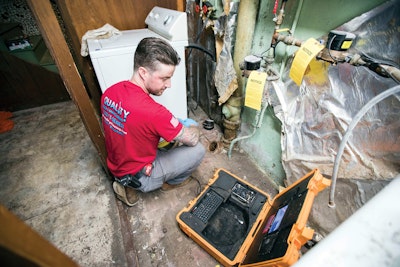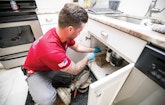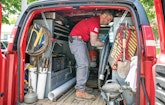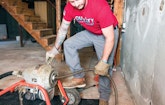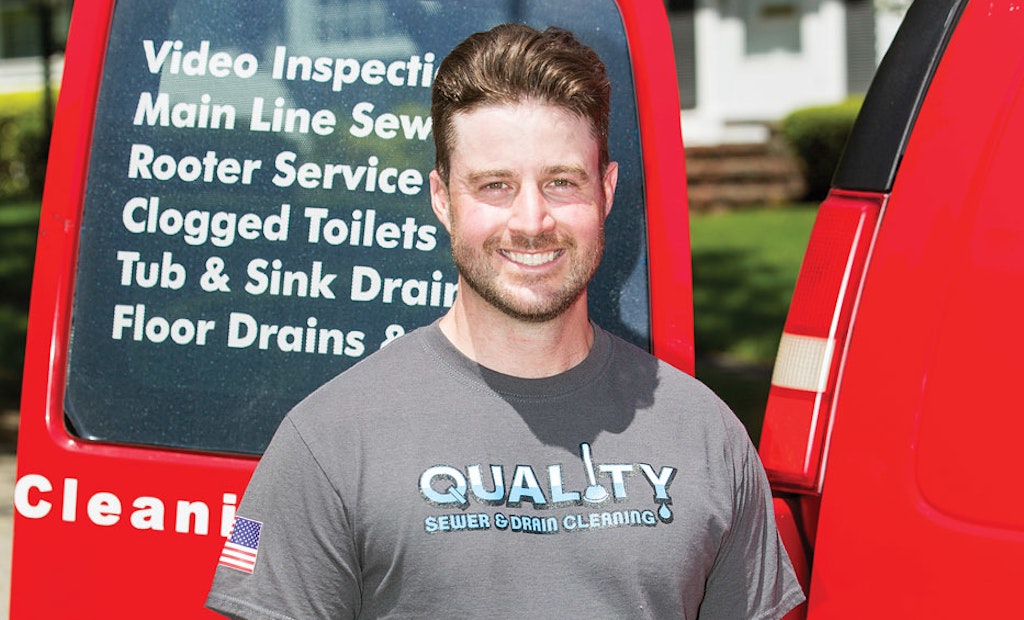Russell Joe Jr. knows the value of quality work. He’s built his business around it.
“Like it says on my website, customers deserve quality work done right,” says Joe, 34, who took a rather circuitous career route before following in the footsteps of his father, Russell Joe...
